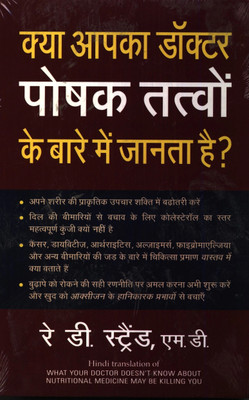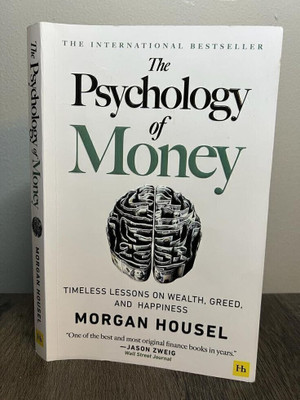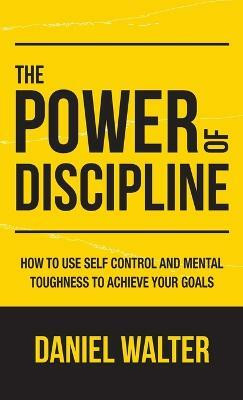
Dr. Ambedkar Best Books ( Combo of 10 Books) (Paperback, DR. B.R. Ambedkar)
Share
Dr. Ambedkar Best Books ( Combo of 10 Books) (Paperback, DR. B.R. Ambedkar)
Be the first to Review this product
₹96/month
36 months EMI Plan with BOBCARD
₹2,705
₹3,000
9% off
Available offers
T&C
T&C
T&C
T&C
Delivery
Check
Enter pincode
Delivery by4 Aug, Monday
?
if ordered before 1:59 PM
View Details
Highlights
- Binding: Paperback
- Publisher: Gautam Book Centre
- ISBN: 9789360518080
- Edition: 2023
- Pages: 2872
Services
- Cash on Delivery available?
Seller
Description
Dr. B.R. Ambedkar, a prominent Indian jurist, economist, and social reformer, was also a voracious reader and a scholar. He valued education immensely and had an extensive personal library. Here are some books that Dr. Ambedkar recommended or considered important:
"Annihilation of Caste" by Dr. B.R. Ambedkar - A seminal work where Ambedkar criticizes the caste system in India and advocates for its eradication.
"The Buddha and His Dhamma" by Dr. B.R. Ambedkar - This book is Ambedkar's interpretation of the life and teachings of Gautama Buddha, reflecting his deep engagement with Buddhism.
"The Problem of the Rupee: Its Origin and Its Solution" by Dr. B.R. Ambedkar - A work on the Indian economy, where he discusses monetary policy and financial stability.
"Gulamas" (Slaves) by Dr. B.R. Ambedkar - This work discusses the social and economic implications of slavery and draws parallels with the caste system in India.
"The Untouchables: Who Were They and Why They Became Untouchables?" by Dr. B.R. Ambedkar - An analysis of the origins of the untouchables in India and the social mechanisms that enforced their marginalization.
"Waiting for a Visa" by Dr. B.R. Ambedkar - An autobiographical account that provides a personal perspective on his experiences with untouchability and social discrimination.
Apart from his own works, Ambedkar was influenced by many other scholars and thinkers. He was known to have read extensively on a wide range of subjects including history, sociology, politics, and religion. Some other books and authors he is known to have valued include:
"The Wealth of Nations" by Adam Smith - A foundational text in classical economics.
"The Decline and Fall of the Roman Empire" by Edward Gibbon - A historical work that provides insight into the fall of civilizations.
"Das Kapital" by Karl Marx - A critical analysis of political economy.
Works of John Dewey - Ambedkar was deeply influenced by Dewey's ideas on education and democracy.
Books on Buddhism - Texts like the "Dhammapada" and other Pali Canon texts which informed his conversion to Buddhism and his interpretation of Buddhist philosophy.
Ambedkar's recommendations reflect his deep engagement with issues of social justice, economics, and human rights.
Read More
Specifications
| Publication Year |
|
Manufacturing, Packaging and Import Info
Be the first to ask about this product
Safe and Secure Payments.Easy returns.100% Authentic products.
Back to top







